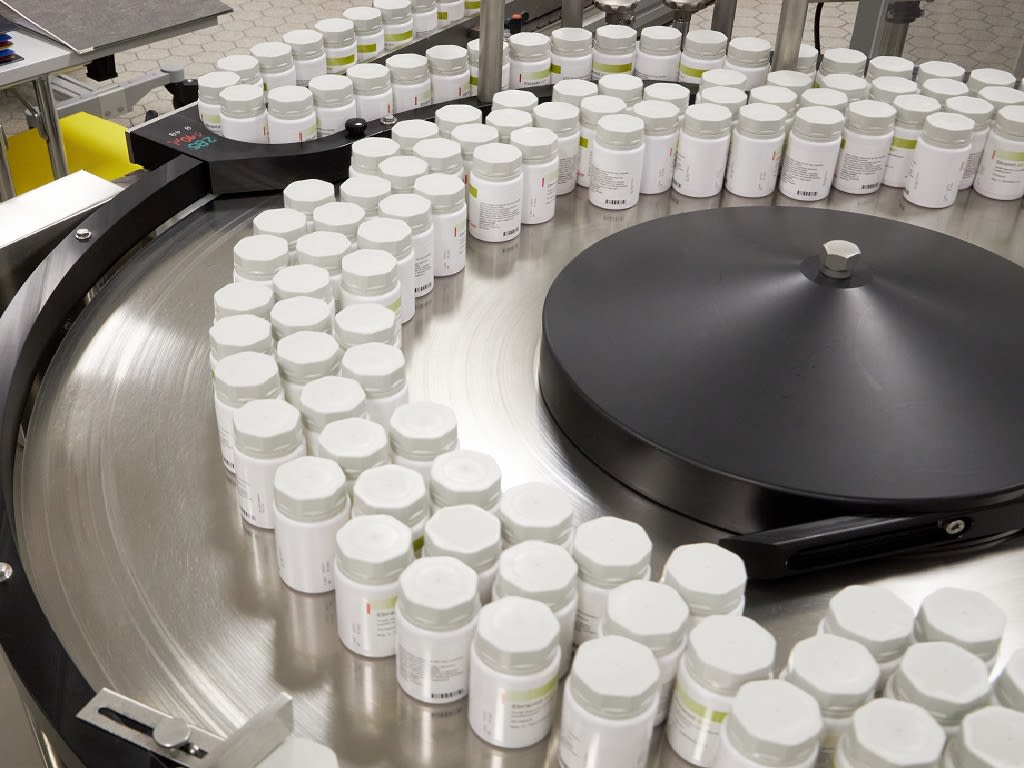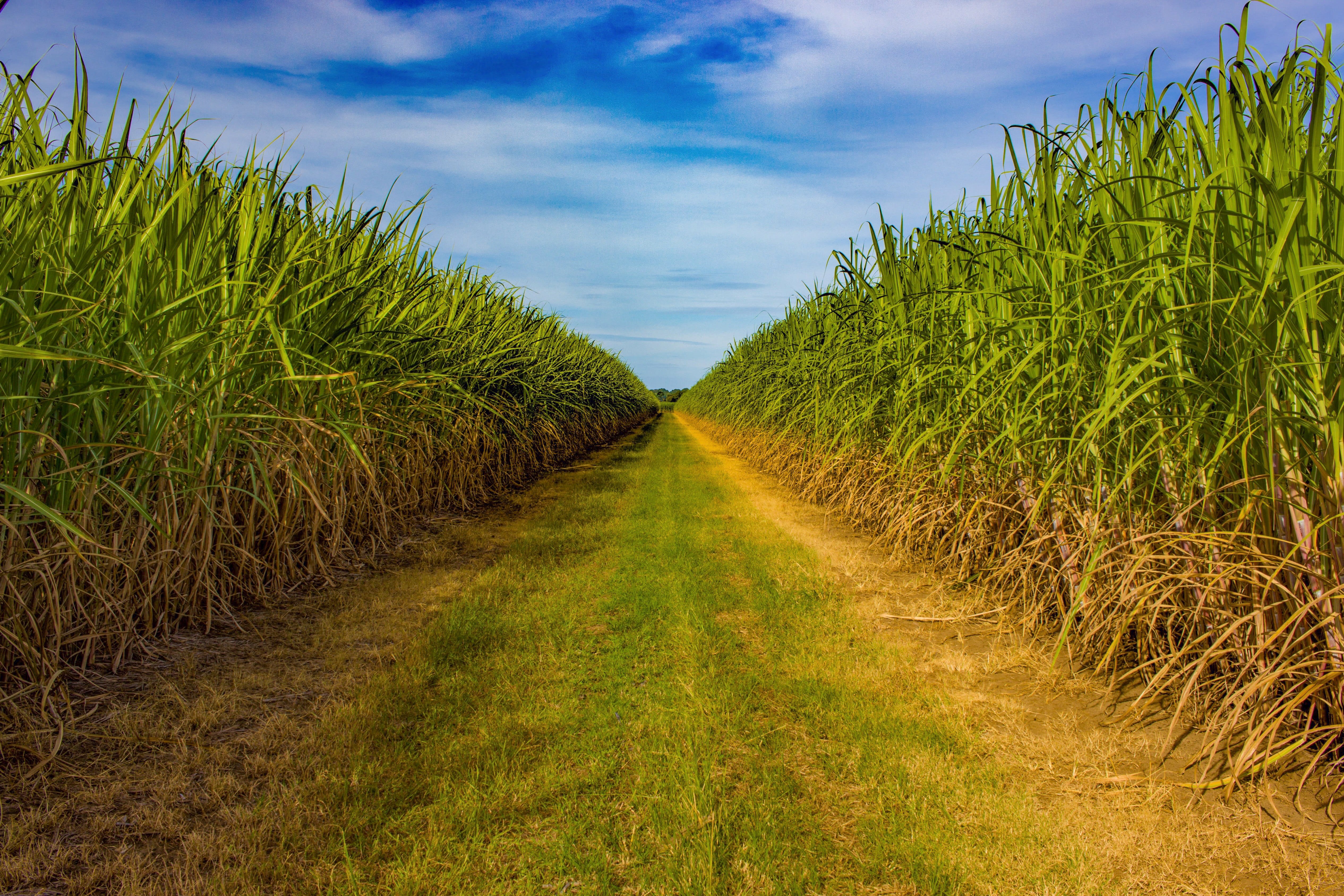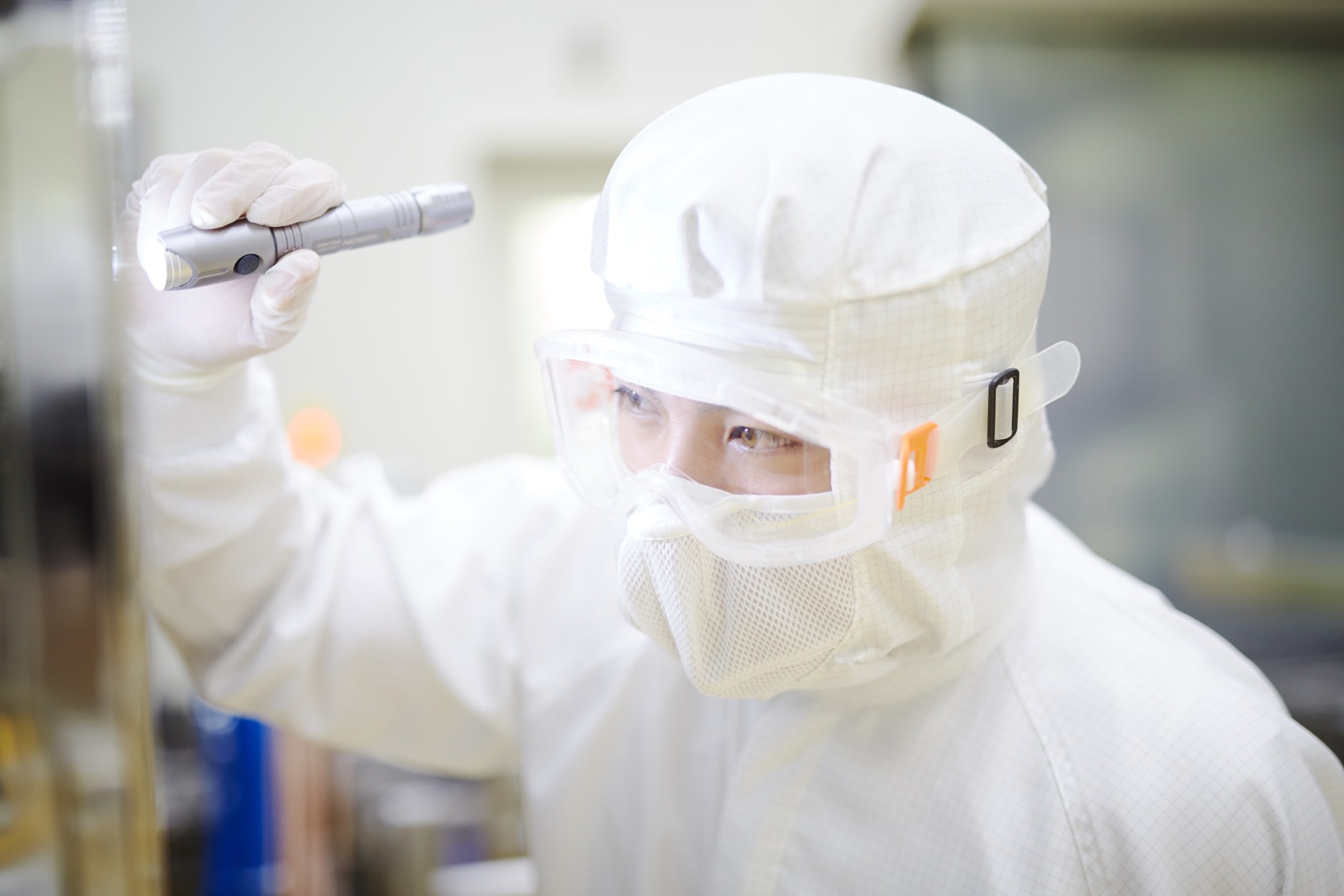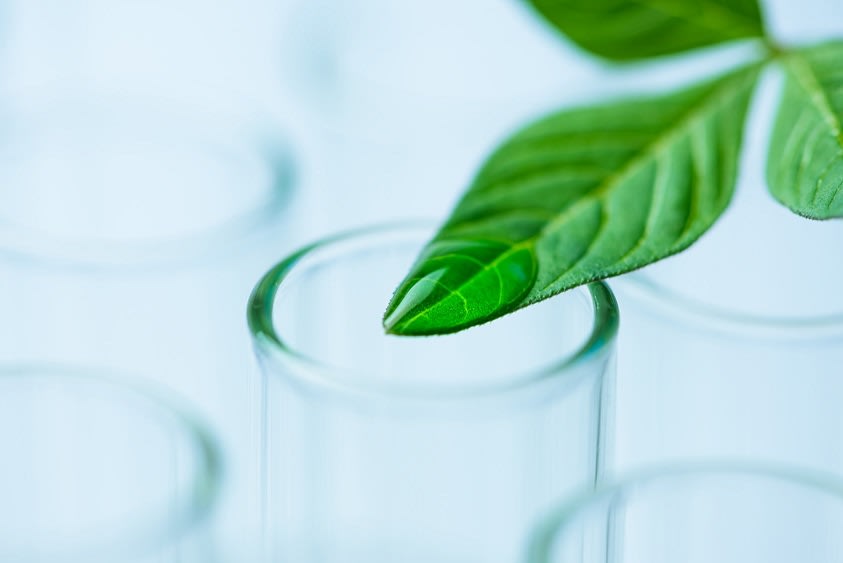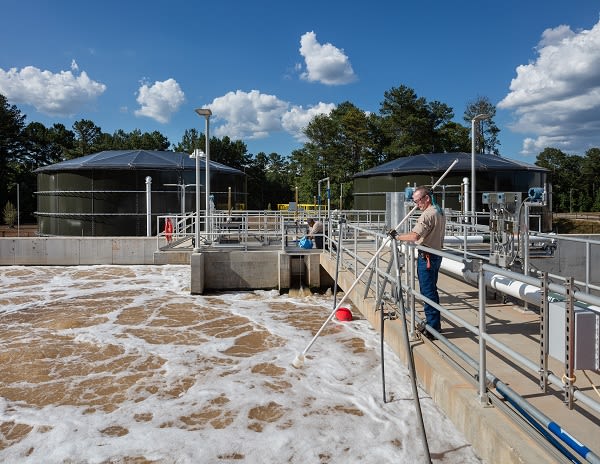Protecting our Planet - Sustainable Products | Takeda Pharmaceuticals
Protecting our planet: Sustainable products
Green chemistry principles lead to industry-first process
Reducing or eliminating the use or generation of hazardous substances in the design of our products and manufacturing processes is key to minimizing the environmental, health and safety impacts of our products.
We used “green chemistry” principles to create a process for the manufacturing of TAK-954, an investigational serotonin (5-HT4) receptor agonist. The project is an industry first that has been recognized with the American Chemical Society’s Peter J. Dunn Award for Green Chemistry and Engineering Impact in the Pharmaceutical Industry. The so-called “second-generation” process uses water as a reaction and isolation medium. Compared to the first-generation organic solvent-based process, it results in 78% less waste, eliminating two synthetic steps and 93% less organic solvent used. Perhaps surprisingly, it also uses 46% less water. Despite this, overall yield has increased from 35% to 56%.
Award-winning bio-polyethylene bottle
We are the first company in the pharmaceutical industry to use primary packaging made from bio-polyethylene (bio-PE), which helps reduce CO2 emissions by up to 70% compared to fossil-fuel derived polyethylene.
This innovation won us the Technical Packaging Award in the 2021 Japan Packaging Contest. We have also now been awarded the 2021 AsiaStar and the 2022 WorldStar Packaging Awards for the same innovation.
Chemical hazard integration
Strong collaboration among teams from R&D, Pharmaceutical Science, Drug Safety Research & Evaluation (DSRE) and EHS is ensuring chemical hazard evaluations and toxicity reduction efforts are integrated into product development milestones.
Pharmaceuticals in the Environment (PiE)
We follow a lifecycle approach committed to understanding, assessing and controlling the potential impact of pharmaceuticals to the environment. Our PiE approach covers three activities: environmental risk assessments, drug take-back and emissions/effluent management.
We partner with the European Federation of Pharmaceutical Industries and Associations (EFPIA) to improve methods to identify and quantify environmental risks of pharmaceutical products.
Eliminating pharmaceuticals residues from public sewage streams
We support the drive for continued research into potential environmental effects, especially on aquatic organisms, and including effects associated with exposure to mixtures of active pharmaceuticals over a sustained period. We partner with the European Federation of Pharmaceutical Industries and Associations (EFPIA) to improve methods to identify and quantify environmental risks of pharmaceutical products.

